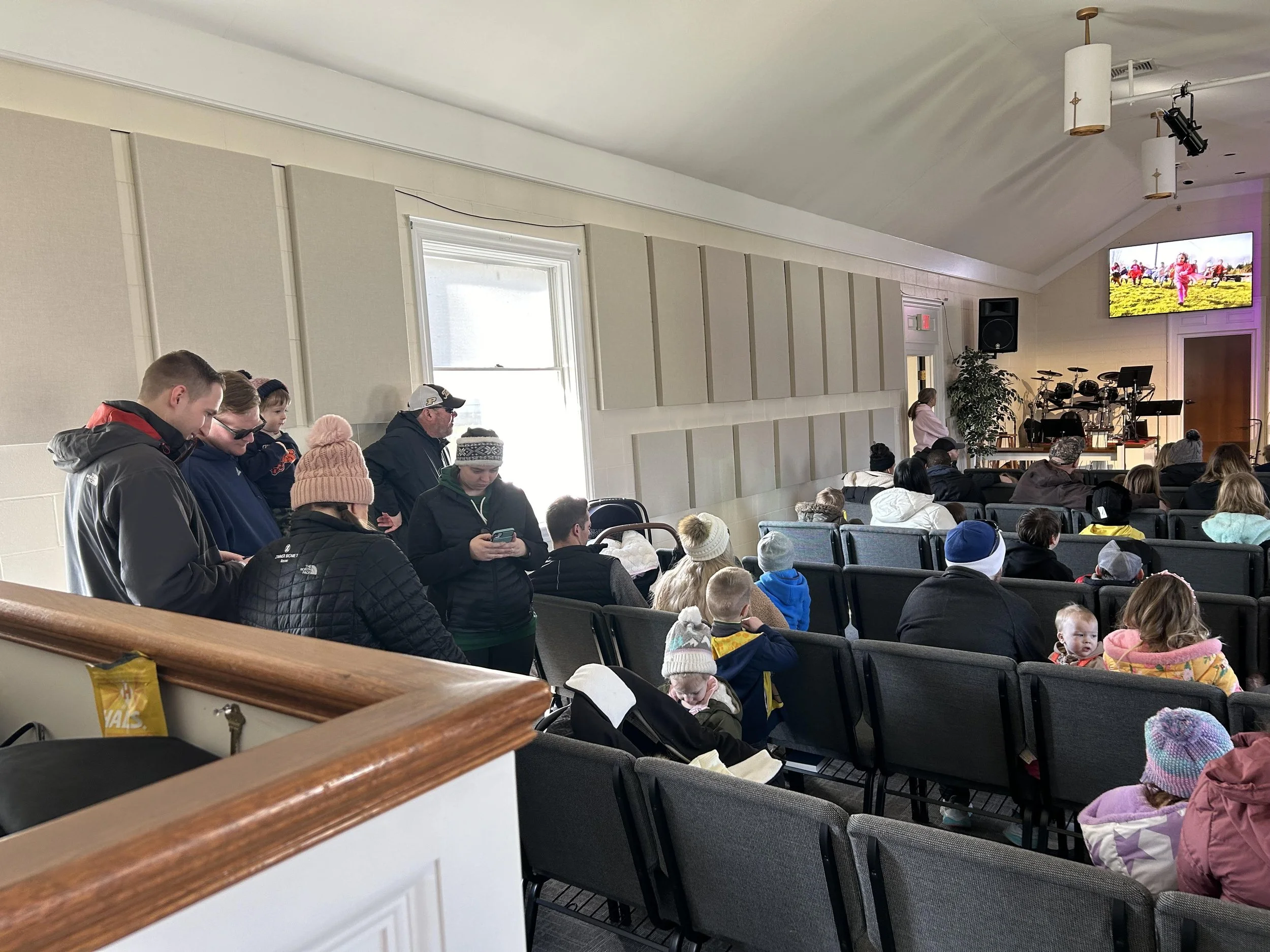Pastor Doug Beutler
In my experience, most Christians have no idea how to make disciple-makers. That’s often what keeps them from doing it. One of the main reasons adult Christians don’t engage in disciple-making is because they were never personally discipled themselves.
Discipleship is not a new concept—Jesus clearly commanded us to go and make disciples. But somewhere along the way, the Church shifted its focus from making disciples to doing church. As a result, many believers simply don’t know how to do it, what it looks like, or where to start.
That’s why telling your disciple-making stories is absolutely critical for your church. These stories cast vision, model what disciple-making looks like, and create momentum. Let me share with you three reasons why telling these stories matters so much.
1. It Teaches Your Church to Celebrate the Right Things & Communicates Vision
There’s a simple but powerful truth:
What you celebrate communicates what you value.
If you constantly celebrate high attendance numbers, your people will assume numbers are your priority. There’s nothing inherently wrong with numbers, but if all the excitement is about how many people showed up to a service or event, you’re shaping the church’s values around that metric.
If your real priority is seeing people come to Christ or grow in their faith, then celebrate that. Share stories of salvation, transformation, and spiritual growth. When you testify about someone deepening their walk with Jesus or learning to make disciples, you’re casting vision in a practical and compelling way. You’re showing what matters most in your church.
I remember standing before our church celebrating that over 400 people came to our Trunk or Treat event. But we didn’t know who they were. No one from our church personally invited them. We didn’t capture any follow-up info. They came for candy, not connection. Afterward, someone asked me, “Why are we celebrating that?” It was a fair question. We weren’t celebrating disciple-making—we were celebrating attendance at a candy giveaway. That moment challenged me to rethink what I truly wanted our church to celebrate.
2. It Shows Your Church What a Disciple-Maker Looks Like
We know how to develop leaders. We create pipelines. We give opportunities. We debrief. We offer mentoring and training.
We do the same with volunteers. We pair new volunteers with experienced ones. We train, we observe, we equip.
So why don’t we approach disciple-making the same way?
Too often, if discipleship exists in our churches, it’s relegated to a program taught by professionals. But our people don’t need more curriculum—they need examples. They need to see how disciple-making relationships form. How do you start one? What do you talk about? What do you study together? How does it multiply?
These questions can be answered through real stories.
One of our disciple-makers built a friendship with a woman attending our church who was struggling after a painful breakup. She didn’t trust easily. So they started reading a book together on rebuilding trust from a biblical perspective. As they continued meeting, healing and spiritual growth took root. Six months in, the disciple-maker suggested the woman lead a women’s group at church. Her first response? “No way!” But over time, she agreed—and that step changed her. When they shared their story publicly, people saw exactly what disciple-making can look like. It wasn’t a program—it was a relationship. And it was powerful.
3. It Motivates Your Church to Actually Do It
Small churches often struggle with momentum. They may not have large crowds, big budgets, or flashy building projects. These are traditional signs of growth—but they’re not the mission.
Disciple-making is.
And what generates momentum more than anything else? Changed lives.
Whether it’s someone coming to Christ for the first time, returning to church after years away, or recommitting their life to Jesus—stories of transformation spark excitement. You don’t need big numbers or big dollars. You need testimonies.
I once shared a story in a service about a young man I was discipling and a bartender we were building a friendship with. The bartender had questions about faith, and we encouraged those conversations to grow. After the service, another Christian came up and asked me, “Can you and I do that? I want to start having spiritual conversations with my waitress.” That story motivated action.
When people hear stories of real-life disciple-making, it removes the mystery and fear. They realize: I could do that. And that’s the goal—to spark a movement of everyday disciple-makers in your church.
Telling your disciple-making stories is critical because:
It teaches your church to celebrate what matters and clearly communicates your vision.
It shows people what disciple-making actually looks like.
It inspires and motivates your people to step out and do it themselves.
You don’t need to have all the answers, but you do need to share the stories. Because stories plant seeds. And when the Church begins to celebrate and multiply changed lives, you won’t have to chase momentum—it will come naturally, as your people obey Jesus’ call: Go make disciples.






